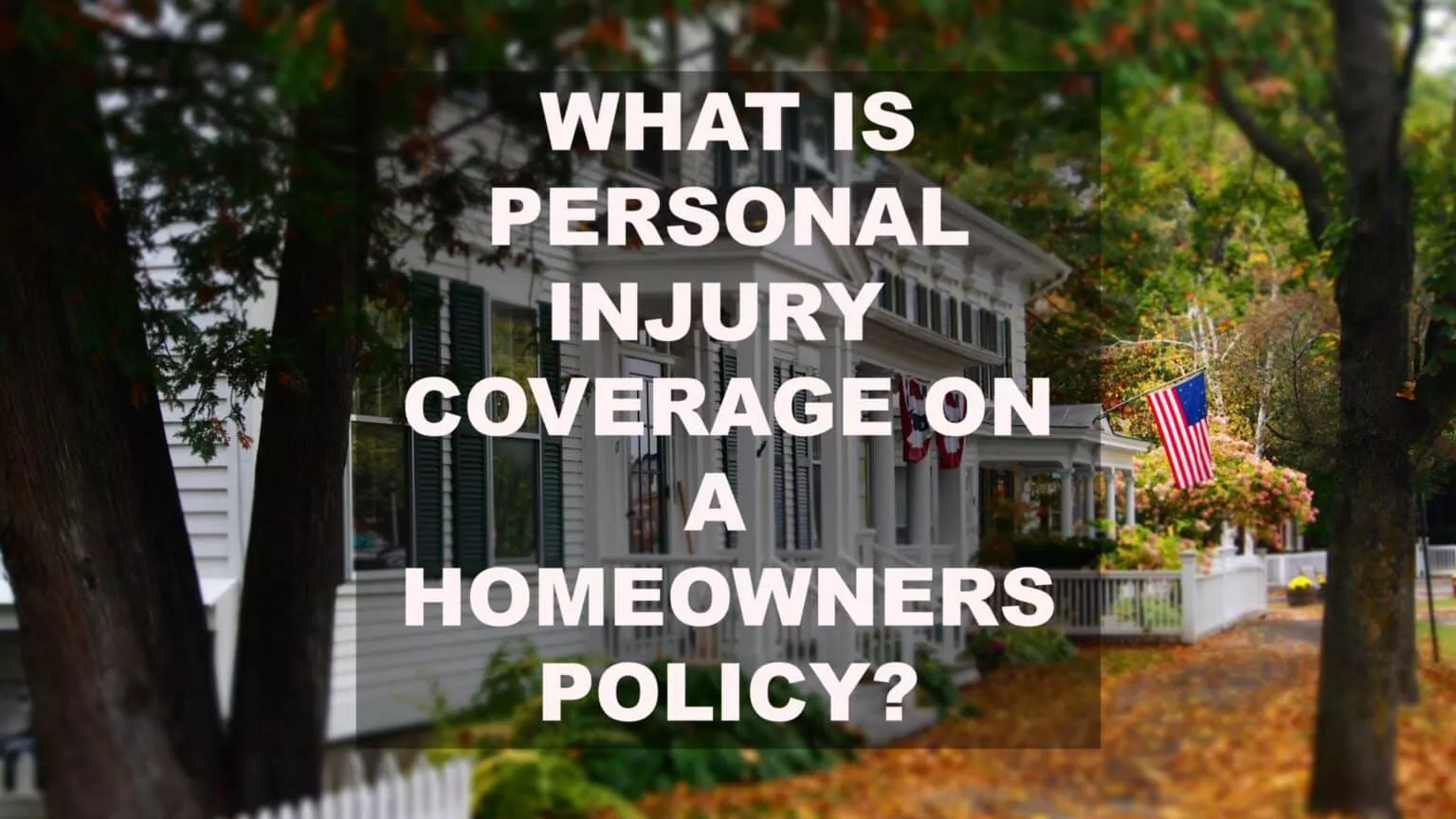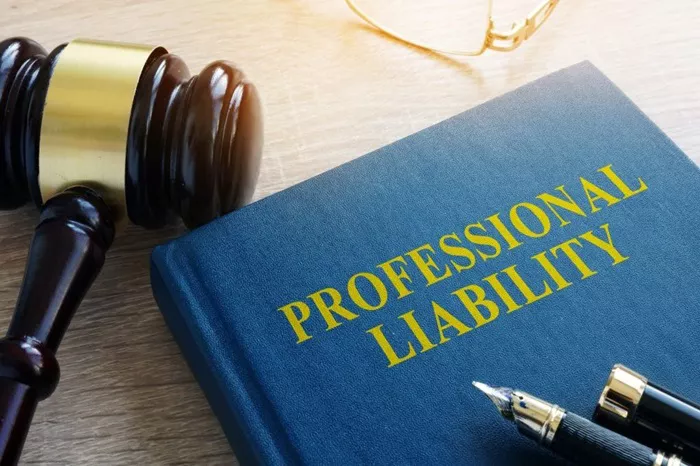Homeowners insurance is a crucial safeguard for your home and belongings, but it also offers important protection for more than just property damage. One critical aspect is personal injury coverage. Understanding this coverage can help you avoid significant out-of-pocket expenses and legal troubles. This article will explain what personal injury coverage is, why it’s important, and how it can benefit you. We’ll also address common questions to ensure you have a comprehensive understanding.
Understanding Personal Injury Coverage
What is Personal Injury Coverage?
Personal injury coverage is a component of homeowners insurance that provides protection if you or someone in your household is held liable for causing harm to others. This harm is not limited to physical injury but can also include reputational damage, emotional distress, and more.
Types of Personal Injuries Covered
Defamation: Includes libel (written defamation) and slander (spoken defamation).
False Arrest: Protection if someone is wrongfully detained or accused.
Invasion of Privacy: Covers issues like unauthorized use of someone’s likeness.
Malicious Prosecution: Protection against claims of wrongful legal action.
Emotional Distress: Coverage for harm caused by severe emotional suffering.
How Personal Injury Coverage Works
Report the Incident: Notify your insurance provider as soon as the incident occurs.
Documentation: Gather evidence and documentation related to the claim, including witness statements and any relevant communications.
Investigation: An adjuster will investigate the claim to determine coverage and liability.
Settlement: If the claim is approved, the insurer will cover legal expenses and potential settlements up to the policy limit.
Why Personal Injury Coverage is Essential
Protection Against Lawsuits
Personal injury coverage protects you from legal actions that could arise from defamation, false arrest, or other claims. Without this coverage, you might face significant legal fees and settlements, potentially jeopardizing your financial stability.
Peace of Mind
Knowing that you have coverage in place for personal injury claims provides peace of mind. You can handle disputes or legal claims without the fear of overwhelming legal costs or damage to your reputation.
Broad Scope of Coverage
Unlike basic liability coverage, personal injury coverage addresses a broader range of potential issues, including non-physical harm. This comprehensive protection ensures you are covered in various situations where you may be held liable.
see also: LIC Stock Soars 16% in July Amid Positive Sector Forecast
How to Ensure You Have the Right Coverage
Review Your Policy
Examine your homeowners insurance policy to determine if personal injury coverage is included. Policies vary, and not all may offer this coverage as standard. Understanding your policy’s specifics helps ensure you have the protection you need.
Consult with Your Insurance Agent
Speak with your insurance agent to discuss your needs and any gaps in coverage. They can help you understand your options and adjust your policy to include personal injury coverage if it’s not already part of your plan.
Consider Additional Coverage
If your current policy does not offer sufficient personal injury coverage, consider adding a rider or endorsement. This additional coverage can enhance your protection and provide greater peace of mind.
Real-Life Scenarios and Benefits
Scenario 1: Defamation Claim
Imagine someone accuses you of defaming their character, leading to a legal dispute. Personal injury coverage can help cover legal costs and potential settlements, protecting your finances and reputation.
Scenario 2: False Arrest
If you are involved in a situation where someone claims they were wrongfully detained or accused by you, personal injury coverage can help handle the associated legal expenses and claims.
Scenario 3: Emotional Distress
In a case where someone experiences severe emotional distress due to actions involving you or your household, personal injury coverage can help manage the financial impact of legal claims and settlements.
FAQs
1. What is personal injury coverage in homeowners insurance?
Personal injury coverage is an aspect of homeowners insurance that provides protection against claims of harm that are not necessarily physical, such as defamation, false arrest, or emotional distress.
2. What types of incidents are covered under personal injury coverage?
Coverage typically includes defamation (libel and slander), false arrest, invasion of privacy, malicious prosecution, and emotional distress.
3. How does personal injury coverage differ from liability coverage?
While liability coverage addresses physical injuries and property damage, personal injury coverage includes protection for non-physical harm such as reputational damage and emotional distress.
4. How do I know if I have personal injury coverage?
Review your homeowners insurance policy or speak with your insurance agent to determine if personal injury coverage is included in your plan.
5. Can I add personal injury coverage to my existing policy?
Yes, if your current policy does not include personal injury coverage, you can typically add it by discussing options with your insurance agent and adjusting your policy.
Conclusion
Personal injury coverage is a vital component of homeowners insurance that extends protection beyond physical damage to include various forms of non-physical harm. Understanding this coverage, its benefits, and how to incorporate it into your policy can safeguard you from legal and financial challenges. Regularly review your policy, consult with your insurance agent, and ensure you have adequate protection for a comprehensive safety net. With this knowledge, you can confidently manage personal injury claims and secure your financial well-being.






















